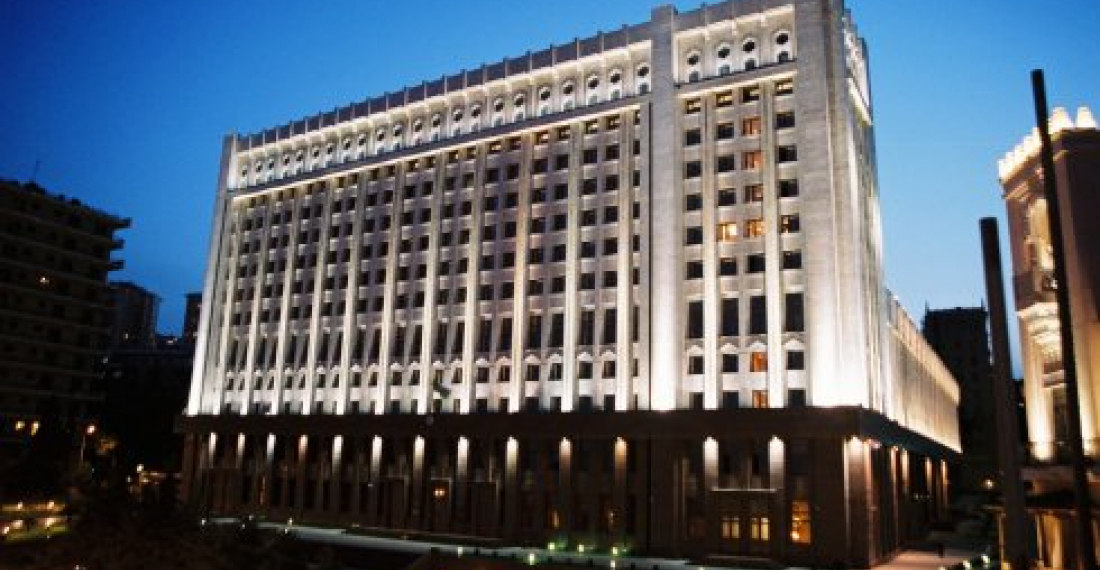The situation in Azerbaijan is coming back to normal after an explosion at the country's main power station created an electricity outage with most of the country, including the capital Baku, and various vital installations thrown into darkness on Tuesday (3 July).
The government has said that electricity has now been restored to most of the country. Baku metro, where yesterday communters had to be evacuated after a second electricity cut during the day, was now reported to be back to normal.
In an unrelated incident, which however added to uncertainty, a man tried to kill the head of the Executive Power (government) in the second largest city, Ganja.
A terse statement by the Azerbaijan presidential administration assured the population that the Government was in control of the situation and was able to provide for the safety of the population and a quick return to normal life.
source: commonspace.eu
photo: Azerbaijan Presidential administration (*archive picture)







